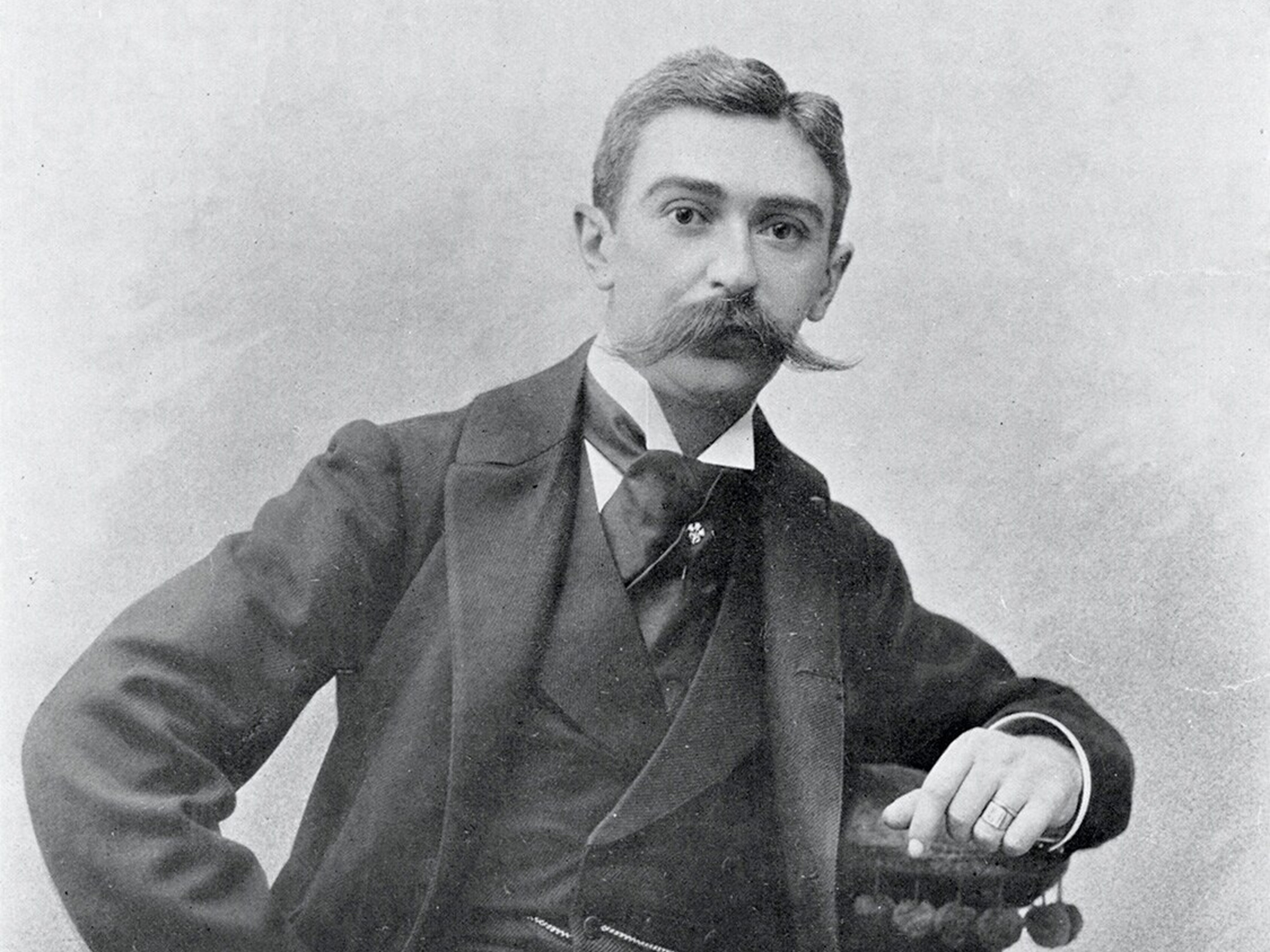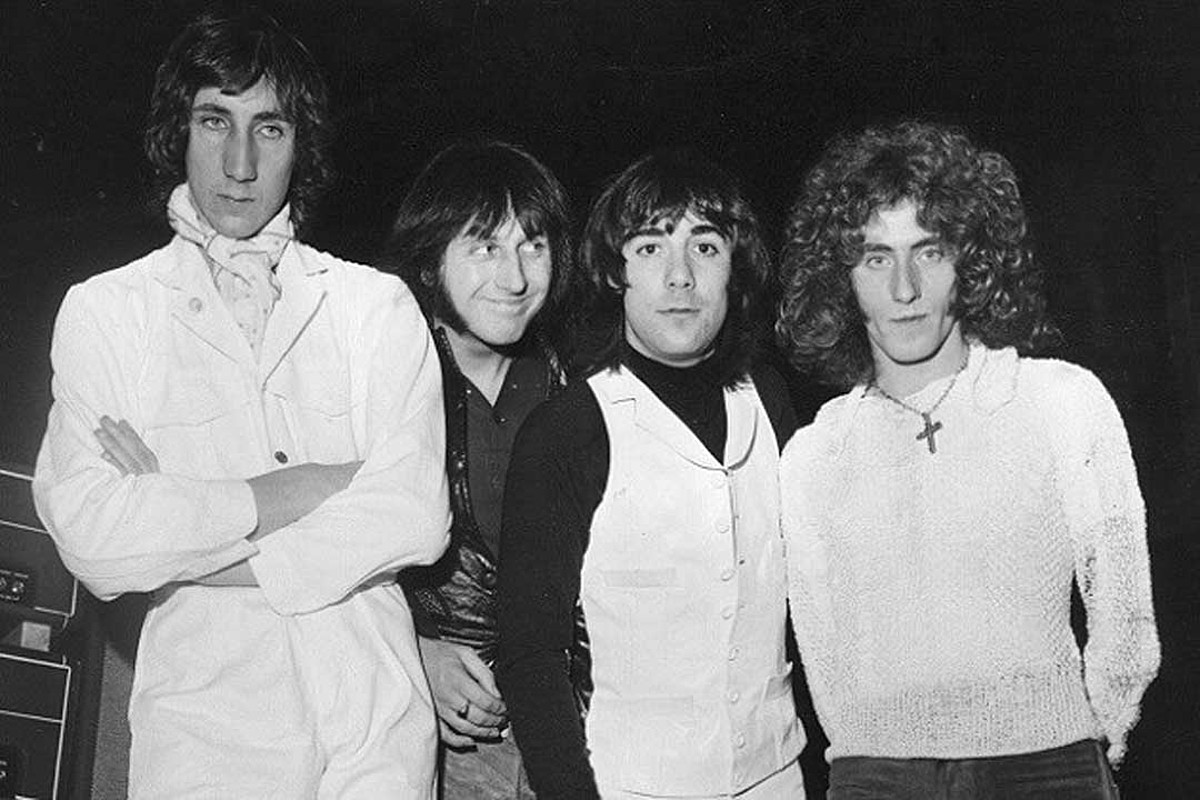goldengaterestaurantphoenix.com – The Olympic Movement, a global phenomenon that embodies the spirit of athletic competition, international unity, and the pursuit of excellence, owes its modern existence to the vision and relentless efforts of Pierre de Coubertin. A French aristocrat with a profound belief in the transformative power of sports, Coubertin laid the foundation for the revival of the Olympic Games in the late 19th century, a legacy that continues to inspire and unite people worldwide.
The Vision of Pierre de Coubertin
Pierre de Coubertin was born on January 1, 1863, into a noble family in Paris. From an early age, he was fascinated by history and the concept of sports as a means of moral and physical education. His travels to England exposed him to the British educational system, where sports played a significant role in character building and teamwork. This experience profoundly influenced Coubertin’s views on the importance of physical education and sports in society.
Coubertin’s vision for the Olympic Movement was multifaceted. He believed that sports could serve as a powerful tool for peace, bringing together people from different nations and cultures in a spirit of friendly competition. He also saw the Games as a platform for promoting physical fitness and healthy living, countering the sedentary lifestyle that was becoming increasingly prevalent in industrialized societies.
The Revival of the Olympic Games
In 1894, Coubertin’s dream took a significant step forward with the establishment of the International Olympic Committee (IOC) in Paris. The IOC was tasked with organizing the Olympic Games, and under Coubertin’s leadership, the first modern Olympic Games were held in Athens in 1896. This event marked the beginning of a tradition that has since become a global spectacle, showcasing the best athletes from around the world competing in a wide range of sports.
Coubertin’s contribution to the Olympic Movement extended beyond the revival of the Games. He was instrumental in developing the Olympic Charter, the fundamental principle of Olympism, which emphasizes the importance of participation, respect, and excellence. He also introduced the Olympic motto, “Citius, Altius, Fortius” (Faster, Higher, Stronger), and the Olympic flag, symbolizing the universality and unity of the Olympic Movement.
Legacy and Impact
Pierre de Coubertin’s legacy is evident in the enduring success and global reach of the Olympic Movement. The Olympic Games have grown from a modest event in Athens in 1896 to a massive international competition that captivates billions of viewers worldwide. The Olympic Movement has also expanded to include the Winter Olympic Games, the Youth Olympic Games, and the Paralympic Games, ensuring that the Olympic spirit reaches a diverse audience.
Coubertin’s vision of sports as a means of promoting peace and understanding has been realized in numerous ways. The Olympic Truce, a call for ceasefires during the Olympic Games, is a powerful symbol of the Movement’s commitment to peace. Additionally, the Olympic Movement has provided a platform for athletes from around the world to come together, fostering friendships and cultural exchanges that transcend national boundaries.
Conclusion
Pierre de Coubertin’s vision and legacy are at the heart of the Olympic Movement. His belief in the power of sports to bring people together, promote peace, and inspire excellence continues to resonate more than a century after the revival of the Olympic Games. As the Olympic Movement evolves to meet the challenges of the 21st century, Coubertin’s ideals remain a guiding light, reminding us of the enduring values of Olympism. The Olympic Games may have changed since their revival in 1896, but the spirit that Coubertin instilled in the Movement remains as relevant and inspiring as ever.

